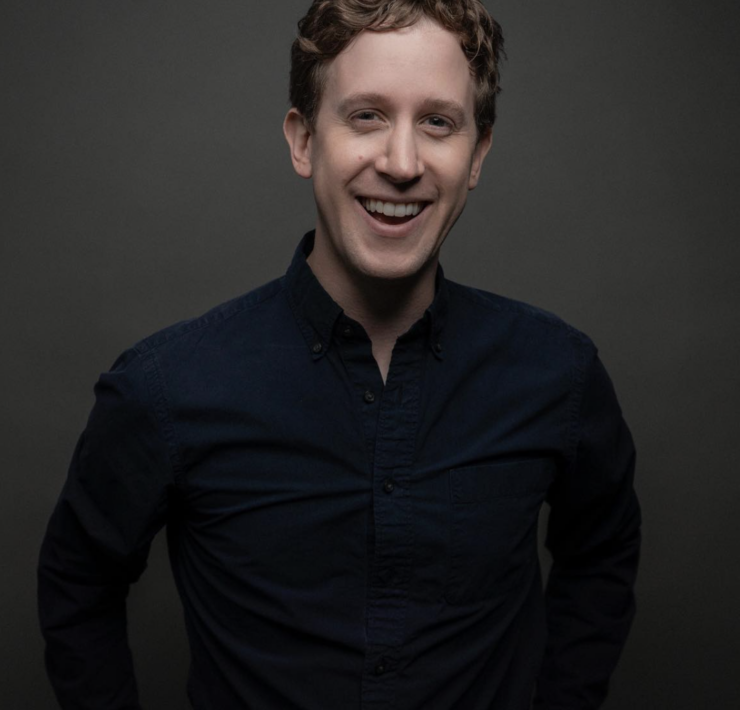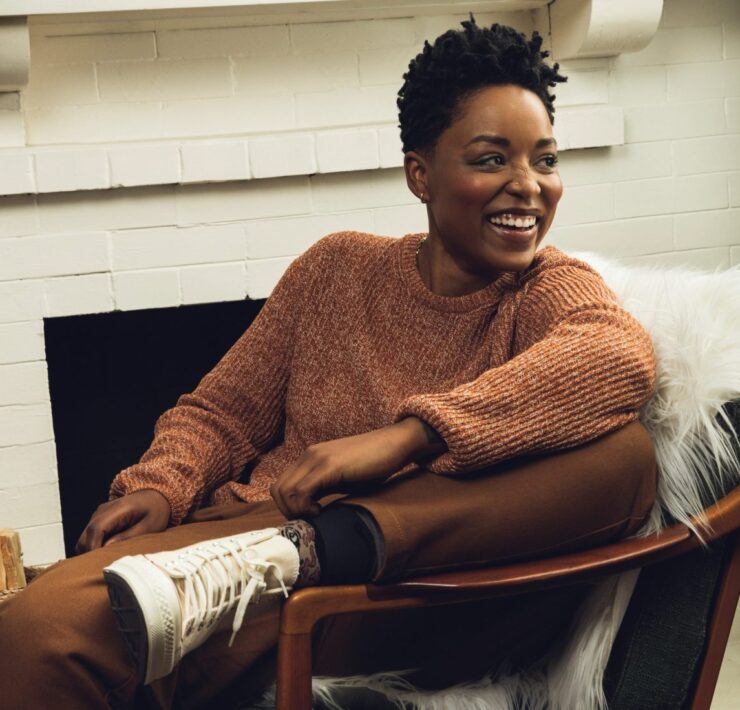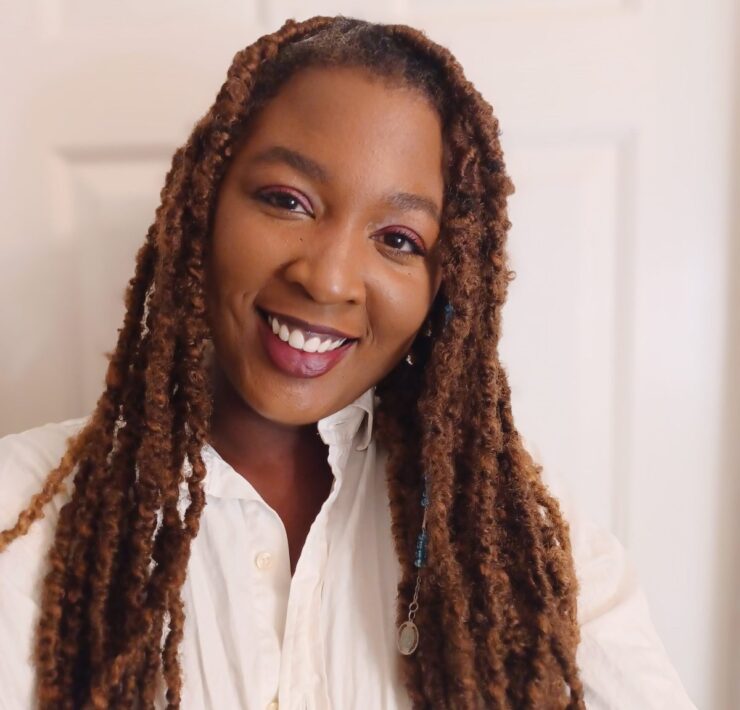A Whole New World: U.S. Queer Life Through New Eyes

Was Aladdin talking about the princess seeing her own country through new eyes, or was he talking about a 21-year-old girl from South Africa being dropped smack-dab in the middle of Denver’s queer scene?
My name is Chane van der Westhuizen—I know, not a household name, now is it? My last name, or as we call it in my country, “surname,” is Afrikaans, and my name is French. I myself am an Afrikaans girl who came all this way to Aupair. Many people ask me what I expected when coming to the U.S., things like driving in cars, on roads! What a terrifying thought!
Before you get worried, yes, we do have cars and roads in my country; we don’t, however, all have lions as pets. To be honest, everything is really similar, just with different logos on all of it.
I did get shocked by two things. Number one, as previously expressed, people have a lot of misconceptions of my country: how we look, who we are, and how we live. Number two is the LGBTQ community in the U.S. and the openness surrounding it, which is really what this article is about. It’s about the absolute culture shock that I experienced in my first queer bar!
Halloween, 2019. It was a dark and … OK, maybe not going to start it like that! It was on Halloween, however. I was rocking my red locks from Target and doing my very best Cheryl Blossom for my first Halloween ever. I posted on a Facebook group that I was looking for a LGBTQ-friendly place to show off my serpent jacket. Someone commented that a local bar was having a drag show and a costume contest. Naturally, I headed Downtown to get my gay on.
Related article: American Queer Life – Gratitude
First of all, when I heard “drag show,” I was expecting some queens walking out on stage with some cheeky banter and amazing dance moves. I did not expect to see kings, queens, and in-betweens! I had never even heard of a drag king before, and the only exposure I’ve ever had to drag was a super-exaggerated image portrayed in mocking movies and bad press.
This, however, was one of the coolest things I’ve ever seen! People of all different races and faces expressing themselves in the most authentic way imaginable. For the first time, I saw people binding and taping their breasts; I saw people “packing,” people doing some of the best makeup, people with transition scars, and women with beards. I met a man who overcame ovarian cancer, a bisexual person who is nonbinary and performs as a drag king, and people who do drag in the gender they identify with. Suddenly, being a lesbian didn’t seem as exciting! There were so many things I’ve never even heard of.
In South Africa, we have really good laws protecting the queer community, laws that have been there longer than most countries’ LGBTQ laws. We were the fifth country to legalize gay marriage and the first country to have a constitution protect members of the community from discrimination; we were the only African country to have marriage equality for quite a long period of time. If you Google search safest countries to travel for LGBTQ members, we make the cut.
Does any of this mean it is safe to be openly queer in South Africa? The short answer, it depends on where you live and who you tell. One of South Africa’s major cities, Cape Town, is a very LGBTQ-friendly zone, but as in most parts of the States, the further you get from a city and the smaller the town, the more secretive you have to be.
Within families, being a part of the LGBTQ community can be dangerous and sometimes even deadly. The term “corrective rape” originated from South Africa after many reported and unreported cases. Corrective rape is when someone, usually a man, rapes either a lesbian or transgender woman to prove they can make them straight.
There have been numerous, gender-based murders and hate crimes in my country. Most people who live away from the cities live in the closet for as long as they can for their own safety. There are tons of cases in which we can see that the country isn’t being as queer-friendly as Google tells tourists it is. In general, if you are a tourist doing PDA, you’ll probably be OK, but in our culture, it is a whole other can of worms.
Related article: Traveling is Nonbinary
I won’t bore you any further with the stats of my country; you probably have Google. The point I’m trying to make is the differences between where I came from and where I am right now are most evident in the queer scenes of both countries. I love the U.S. and all the openness and acceptance regarding self expression, body empowerment, self love, gender, and sexual orientation. The diversity of the U.S. is something I think many countries should strive for.
The entire world still has a really long way to go, but I think if we reflect back on this year, we should reflect on how far we as a community have come, how we’ve grown. Unconditional love is something I’ve never seen as clearly as within the LGBTQ community; loving someone regardless of gender identity, race, sexual orientation, or physical appearance is something I see at every drag show, in every bar, and at every queer event I’ve been to in Denver.
Whether your Prince Charming is a strong queen in shiny armor or your dream girl is a hunk in stilettos, or whether you are one surgery away from being the man or woman you’ve always dreamed of being, be who you are and love who you love because if there’s one thing this crazy world needs, it’s love.










